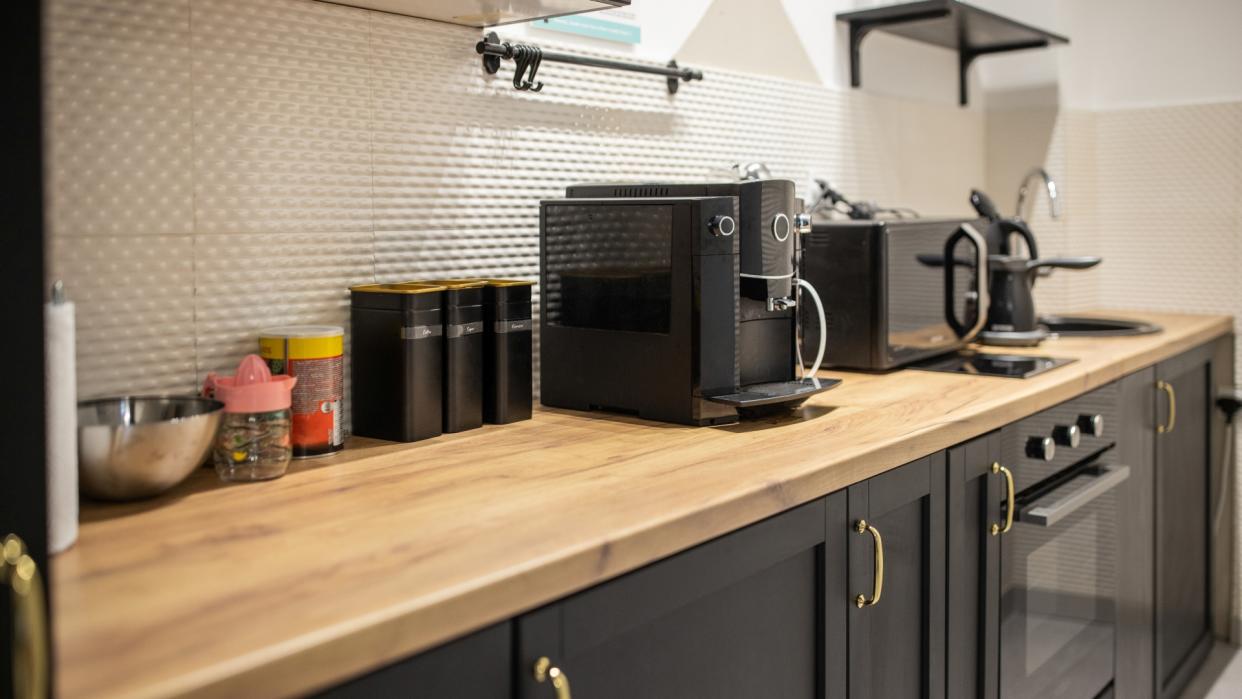Why You Should Unplug Small Appliances When You’re Not Using Them — It’s Not All About Saving Money

With high prices dominating so many household expenses — from groceries to utilities to even rents/mortgages — many Americans have been trying to find ways to cut corners and save a few bucks. Some have touted turning off small appliances when they’re not actively being used. But, does that trick really work?
Save More: 3 Ways Smart People Save Money When Filing Their Taxes
Related: Unplug These Appliances That Hike Up Your Electricity Bill
As GOBankingRates previously reported, the U.S. Department of Energy noted there are savings of about $100-$200 a year for those unplugging items like microwaves, coffee pots, TVs, computers and hairdryers when they aren’t in use.
Considerable savings can be achieved by doing so, especially since utility prices continue to rise in 2023. According to the latest consumer price index data, released Feb. 14, electricity was up 2.3% from Dec. 2022 to Jan. 2023 (unadjusted), with the bill being 11.9% pricier year-over-year.
CNET also touted the advantages of unplugging, noting that some of the worst energy waste offenders are computers in sleep mode, phone, laptop and device chargers that “still draw power even if the device is not connected” and smart home appliances that are always “on” with an internet connection (refrigerators, washers/dryers). Really, any standby modes or shadow modes are big cost culprits.
CNET reported that the Natural Resources Defense Council (NRDC) found that “always-on” devices can add to an extra $165 per household every year. The NRDC also shared how much of a sustainability measure unplugging can be, saving 64 billion kilowatt-hours of electricity per year from all American households combined — more conscientious unplugging could potentially eliminate 44 million metric tons of carbon dioxide pollution.
Take Our Poll: What Are Your Financial Priorities in 2023?
USA Today provided some less extreme measures to cut back on energy wastage, such as swapping out incandescent bulbs for LED lights, using a smart thermostat to control your HVAC when you’re not at home, replacing older appliances with more efficient newer models, and insulating water heaters.
This story has been updated with additional information.
More From GOBankingRates
This article originally appeared on GOBankingRates.com: Why You Should Unplug Small Appliances When You’re Not Using Them — It’s Not All About Saving Money

